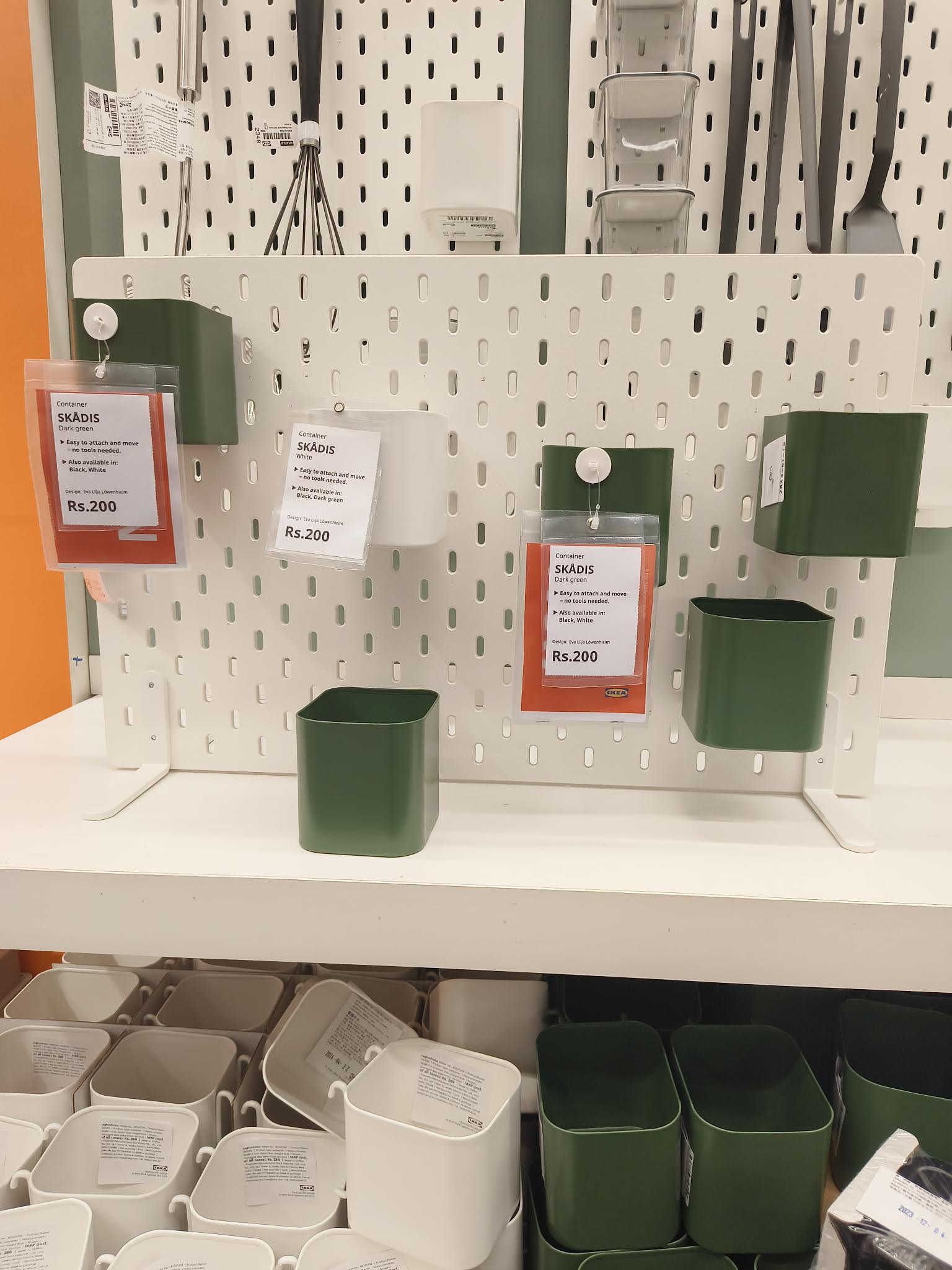The Unix Way
The Unix Philosophy Isn't Just for Code. It's a Blueprint for a Less Chaotic Life.

The Unix Way
We are drowning in digital chaos. Our lives are run by stand-alone apps: a to-do list that doesn’t talk to our calendar, a notes app that doesn’t sync with our project manager, and a dozen communication tools all screaming for our attention. Each promises productivity, but their combined effect is a constant, draining tax on our focus.
The problem isn't the tools themselves. It's the lack of a coherent philosophy.
For a solution, I look back to a set of principles from the 1970s that are more relevant today than ever: the Unix philosophy. It was designed to manage the complexity of software, but I've found it's an even better blueprint for managing the complexity of life.
Here are three of its core tenets, and how they can help us build a less chaotic, more intentional life.
1. Do One Thing and Do It Well.
The Unix philosophy champions small, sharp, unbundled tools. This goes against the grain of the App Store model, a universe of brilliant but isolated islands. Because these apps are not designed to work with each other, bundling becomes the norm, creating monolithic "super-apps." This is a fatal design flaw.
This "bundling problem" isn't just digital. Consider the ULIP (Unit Linked Insurance Plan) in personal finance, which bundles insurance with investment and is often suboptimal at both. Or look at IKEA in the physical world. You don't buy a pre-built 'living room system.' You buy simple, unbundled pieces—a BILLY bookcase, a SKADIS pegboard—and integrate them yourself to create a personalized solution.
Applying the principle: Unbundle your digital life. Your digital life should feel more like assembling an IKEA room than being locked into a ULIP.
2. Write Programs That Work Together.
This is the magic of the pipe | operator in Unix. The output of one simple tool seamlessly becomes the input for the next. Unfortunately, there is no equivalent in modern applications. Our digital lives are full of dead ends where data gets trapped.
The good news is that you can build your own | operator from first principles. It starts with an eye for standardization and designing elegant 'buses' that connect different tasks through data.
When I look at any app, I focus a lot on what spreadsheets it can import from and export to. To me, this is more important than the app's features themselves. If a tool can't let your data flow freely, it's not a tool; it's a cage.
Applying the principle: Your life's activities should be a pipeline. The output of my daily journal (a simple text file) can become 1 of the inputs for an AI agent that drafts a blog post. This creates a flow where momentum is never lost.
3. Handle data Streams, as They are a Universal Interface.
Unix was built on the idea that everything could be represented as a simple stream of text. This simplicity is what allows a grep command from 1970s to work perfectly with a Python script written yesterday or the incredible coding assistant google's gemini-cli released a couple of months back.
Applying the principle: What is the "universal interface" of your brain? It's your stream of thoughts. Fragmented ideas, passing observations, sudden insights. All of these can be represented as or quickly converted to data on capture. A robust personal bus must be built to capture this data stream with zero friction, turning chaotic mental energy into structured, usable data. This data then can be worked upon by a variety of programs or agents that work to make your life simpler.
Building Your Personal OS with Zehen
These principles are not just abstract ideas; they are the architectural foundation of Zehen, the personal operating system I am building. Zehen isn't another app to manage; it's the "shell" for your life that provides the pipes and the tools to build your own personal workflows.
It's about moving away from being a frantic operator of disconnected apps and becoming a calm architect of a cohesive system. The result is less chaos, more focus, and the mental space to do your best work.
Are you managing a collection of apps, or are you composing a life?